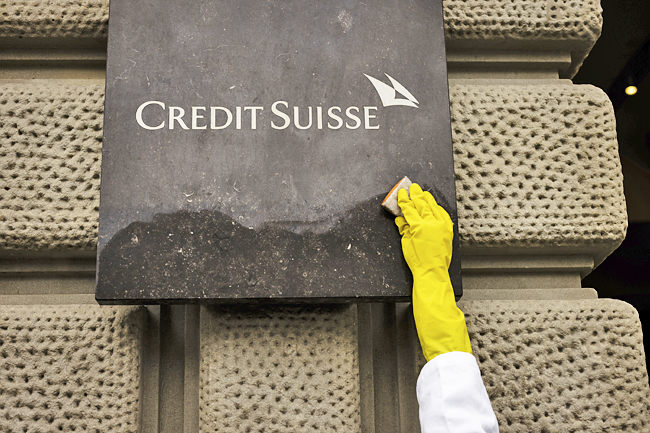ZURICH (AFP) – Among the many concerns over the new megabank created by the merger of UBS and the beleagured Credit Suisse is how it will affect jobs and competition in Switzerland’s banking sector.
The Swiss government strongarmed UBS into buying its rival for USD3.25 billion after the collapse of three United States (US) lenders in March raised concerns about Credit Suisse’s own financial health, following a series of scandals in recent years.
But little has been said about the most robust part of the sprawling bank – its domestic retail banking division, responsible for mortgage loans and financing for Swiss companies.
Credit Suisse’s heavy losses were mostly due to the international wealth management and banking divisions.
The Swiss division’s turnover only fell by five per cent last year – whereas turnover in international wealth management slid by nearly a third, and the investment bank tumbled 54 per cent.
Investors are becoming impatient with the scattered details around the complex integration. UBS insisted this week that “all options” would be considered for the Swiss activities of the bank, promising to share more details in the coming months.
But investors are anxious to know whether UBS will integrate the Swiss banking division into its own domestic business, sell it, or even split it through a share offering.
“One of the reasons that supports the idea of a spin-off is probably the fact that UBS has gotten too big after swallowing Credit Suisse for the Swiss market,” said Swissquote’s Ipek Ozkardeskaya.
“Another could be to maximise the Swiss branch potential and to offer Swiss clients an alternative to UBS,” she added.
Keeping it as an independent unit appeals to many in Switzerland – particularly as it could prevent mass layoffs in the important banking sector.




















































